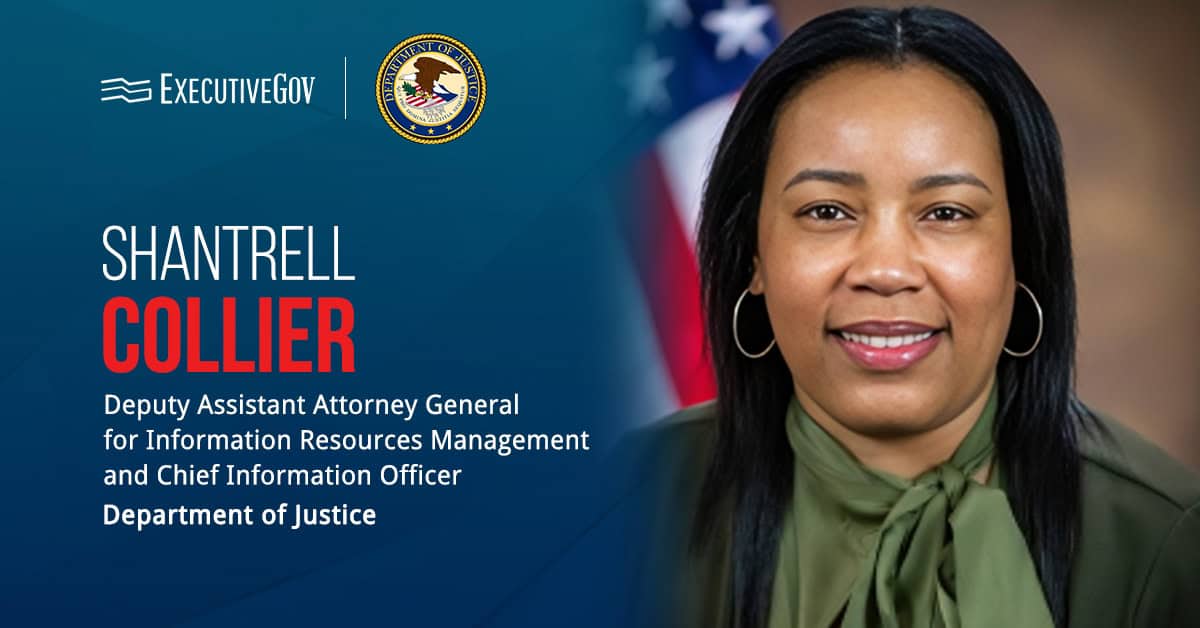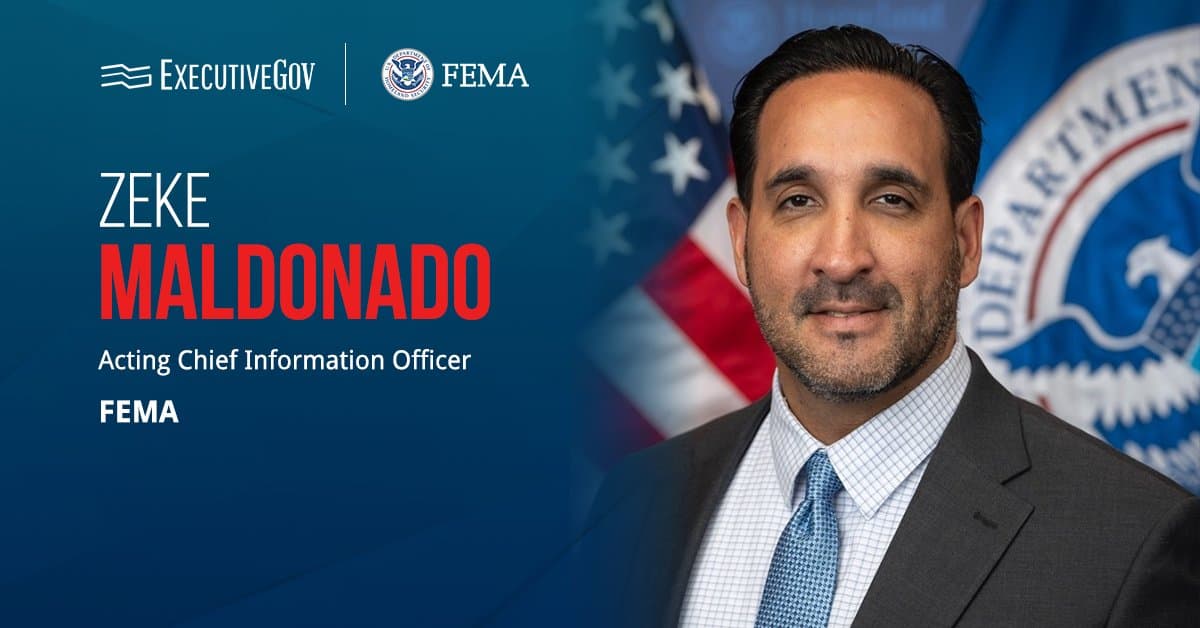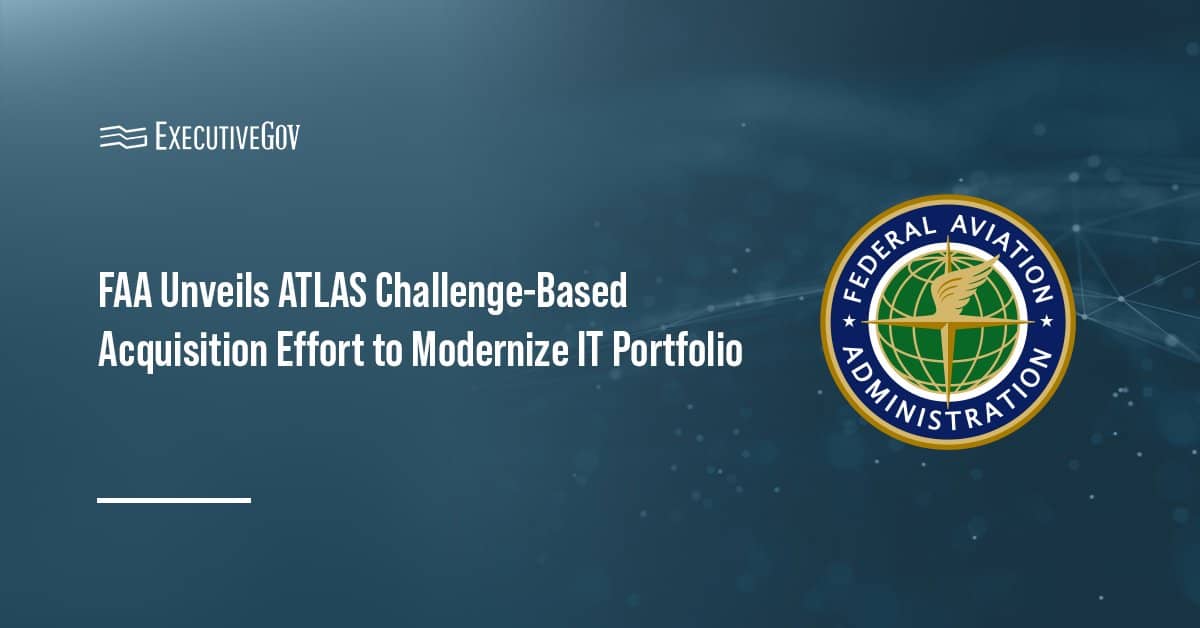
The White House's National Space Council is looking to pursue new policy on intellectual property across the U.S. space industry, Space News reported Monday. The potential directive would ask space companies to implement cybersecurity standards designed to protect IP data.
Mir Sadat, most recently a director with the National Security Council, said at the Satellite 2020 symposium that the White House has been receiving urges to boost awareness on space-related cyber threats. These threats include satellite network hackers and industrial espionage.
The government still has no plan to strictly impose these cybersecurity standards, but seeks to have industry figure out what to do, Sadat noted.





